Explore the dynamic world of Open Educational Resources and discover how OER Africa is driving the movement forward. This page is divided into two sections:
Articles: Our articles aim to deliver insights on OER-related themes that inform, spark conversation, and engage with the developing open education landscape, with a particular focus on Africa.
Updates: Below, the articles, you'll find updates on OER Africa’s latest initiatives, activities, and contributions to the OER community.
Articles
This section features targeted articles crafted specifically for educators, students, and the global Open Educational Resources (OER) community. The articles examine themes related to OER, offering insightful perspectives and information. The content seeks to inform, prompt discussion, and actively engage with the dynamic landscape of open education, particularly within the African context.
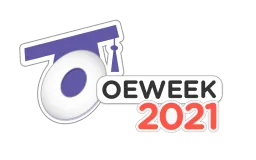
Open Education has the potential to make education more accessible, enable the creation of relevant teaching and learning materials, improve the quality of content, and empower learners to be critical thinkers and knowledge creators. Open Education Week (OE Week), held annually, is an opportunity for actively sharing and learning about the latest achievements in Open Education worldwide.
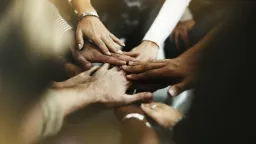
Are you looking to interact with people who are interested in Open Education Resources (OER)? Do you have ideas that you want to share with a wider audience and learn more about OER? A Community of Practice (CoP) might be the right place for you.
The term ‘Community of Practice’ was created by Etienne Wenger, who offers a social theory of learning – a school of thought that proposes that humans can acquire new ideas and behaviours by observing others.
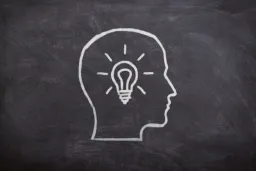
Most research is only seen by a small number of specialists. Would you like to share your research with those who can use it directly? They can be teachers, policy makers, other stakeholders, or the media. In this post, we explore how you can make your work accessible to a wider audience and release it under an open licence.
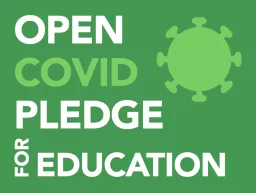
In August, OER Africa introduced the Open COVID Pledge for Education, which was launched at the OER20 Conference earlier that month. OER Africa is proud to be a founding signatory of this Pledge, which encourages individuals and organisations to make their intellectual property available through open licensing arrangements to support educators, learners and decision-makers and assist educational organisations.
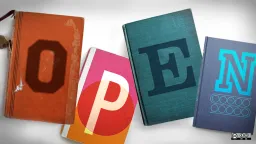
The Recommendation on Open Educational Resources (OER) (40 C/32) was adopted at the 40th UNESCO General Conference in Paris on 25th November 2019 as the culmination of a long process of UNESCO engagement with the concept of OER. Now that it is adopted and a UNESCO Dynamic Coalition has been discussing the next steps (download workshop report here), this raises the practical question of what steps government and educational institutions at all levels can do to help to operationalize the OER Recommendation.
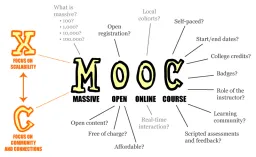
A few years ago, Massive Open Online Courses (MOOCs) were touted as “the next big thing”. They have developed since then and are part of the current education landscape. Who are they aimed at? Can university faculty members take an existing MOOC and use it in their own courses? How open are MOOCs? Where can you find them?
Updates
This section provides updates on OER Africa’s initiatives and activities. Stay informed about our contributions to the OER community and how we are driving the open education movement forward.

COL has identified the development of OER as a potential answer to the challenges of access to relevant learning resources to ensure inclusive and equitable quality education. Provincial/regional OER policies and guidelines were developed in Sri Lanka, Botswana, and Cameroon involving provincial/regional education policymakers.

The Open Pedagogy Notebook has been set up by Rajiv Jhangiani from Kwantlen Polytechnic University in British Columbia and Robin deRosa from the Plymouth State University in New Hampshire. They are encouraging online submissions of examples of open pedagogical practices from practioners throughout the world.
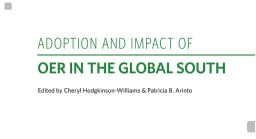
This volume examines aspects of educator and student adoption of OER and engagement in Open Educational Practices (OEP) in secondary and tertiary education as well as teacher professional development in 21 countries in South America, Sub-Saharan Africa and South and Southeast Asia.
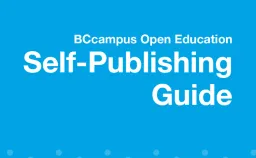
The BCcampus Open Education Self-Publishing Guide is a reference for individuals or groups wanting to write and self-publish an open textbook. This guide provides details on the preparation, planning, writing, publication, and maintenance of an open textbook. This looks like a very useful resource for the OER Africa partners.
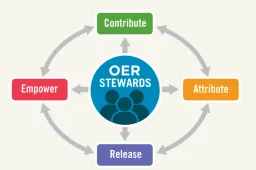
An important new resource has just been timeously released during Open Education Week. The question of “what makes a good actor or not” in OER is one that Lisa Petrides, founder and CEO of the Institute for the Study of Knowledge Management in Education, has addressed in a new guide for OER stewardship.

